Spain strengthens its defenses against disinformation campaigns
The European Values think tank, which has been analyzing Russian meddling, states in its latest report that the country has increased protection after the Catalan crisis
Prague
Ahead of the intense electoral cycle coming up in 2019, which includes European elections, Spain has undergone a notable change on the legislative, executive and judicial level and has positioned itself – together with France, Germany and Poland – in the group of countries that is putting up most resistance to the democratic destabilization campaigns coming from Russia. That’s according to the latest edition of the yearly report from the think tank European Values, and which will be published in the coming days.
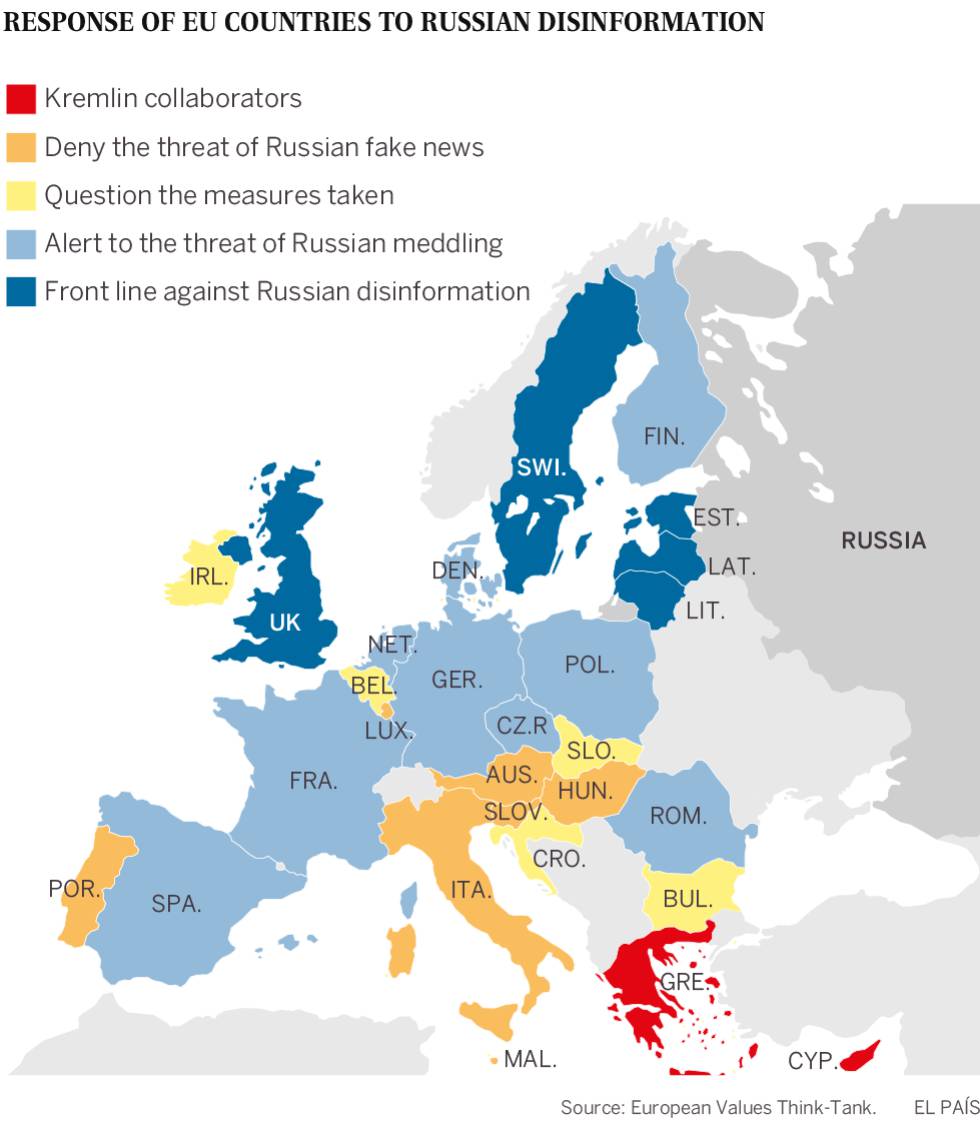
After the disinformation campaigns from Russian media and the activation of automated networks of social media accounts to popularize hoaxes and exaggerations during the pro-independence crisis in Catalonia in September and October 2017, the Spanish state is now better protected than it was a year ago from new coordinated attacks that could plunge it into the kind of ungovernability that has paralyzed Italy, according to the report.
“In the analysis that followed the Catalan referendum it was seen how bots played a role and I think that’s why the Spanish government realized it had to join the efforts that have been rolled out for some time in Europe,” explains Veronika Vichová, one of the authors of the report and who also coordinates the think tank, which is based in the Czech Republic. “The Spanish government is part of a coordinated inter-ministerial effort. There is a wide enough margin to establish institutions that are comprehensively focused on this problem.”
There’s no doubt Spain went through a change after the Catalan crisisEUROPEAN UNION’S STRATEGIC COMMUNICATIONS TEAM
The report points to the inclusion of “disinformation campaigns” as part of the so-called hybrid war within Spain’s National Security Strategy as one of the main reasons its efforts have been so successful. That document, details of which were first published by EL PAÍS and which includes the main threats for the Spanish state, did not specifically cite Russia, even though the protagonists of these disinformation campaigns are media outlets financed by the country. Spanish Defense Minister María Dolores de Cospedal last month created a task force in Congress aimed at addressing the problem of fake news, in which representatives from all parties apart from anti-austerity group Podemos are participating.
The experts have also noticed a change in the attitude of Spanish representatives in European institutions. “There’s no doubt Spain went through a change after the Catalan crisis,” says a member of the European Union’s strategic communications team, created by the high representative for foreign affairs and security policy, Federica Mogherini. “Spain is one of the countries that, over the past months, has most supported relevant European institutions so that our unit receives more funds to tackle these kinds of disinformation threats, which mainly come from Russia,” the source added. That team, which combs social networks to detect fake news stories, receives €1 million a year, a mere fraction of the funding given to state-owned Russian networks such as RT, which counts on funding of at least €300 million a year.
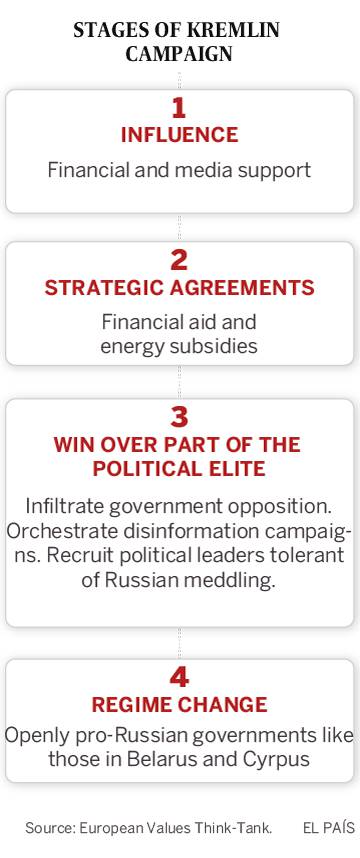
European Values, a not-for profit organization that receives private donations as well as funds from foundations such as the Open Society Foundation and the European Parliament, reviews the 28 member states within the European Union and their allies even year, and rates their response to the threat of Russian disinformation campaigns. Listed as least aware are Hungary, Austria, Portugal and Italy. In the latter country, recent election results may lead to either a government of technocrats or a repeat vote. In the next few weeks, the EU strategic communications center will publish a report that confirms that a Russian disinformation campaign, led by the outlet Sputnik, helped incite xenophobic sentiment during the elections.
Spain is listed for the first time in the same group as France, Romania, Germany, Finland, the Czech Republic, Denmark and Poland, and is highlighted for its “political recognition of the Russian threat,” having introduced measures on both a government and intelligence level to address the issue. Spain is one step behind the United Kingdom, Switzerland, Estonia, Lithuania and Latvia, which are considered the frontline against Russia’s attempts to destabilize democracies across Europe.
Last week, European Values was recognized by the NATO military committee for its work in exposing Russian subversion activities in Eastern Europe. NATO sources maintain that “Russia is the greatest threat against the West today.” The sources warned that “the Russian government is interested in stirring up patriotic and religious conflicts. It is also increasingly more active in the Mediterranean and it will no doubt exploit our weaknesses in this area.”
According to NATO sources, who wished to remain anonymous, identifying who is behind these misinformation campaigns is the greatest challenge facing Western democracies: “We receive aggressive attitudes without getting a detailed picture of what happened and who is the author of the attack,” they add
English version by Melissa Kitson.
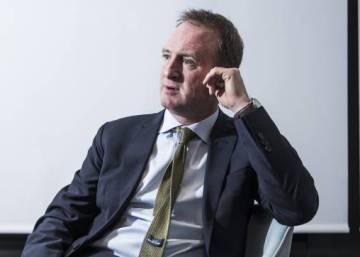
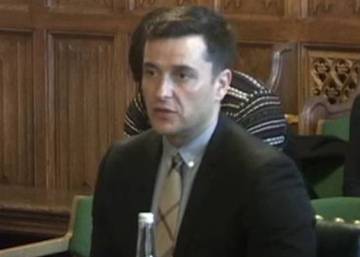
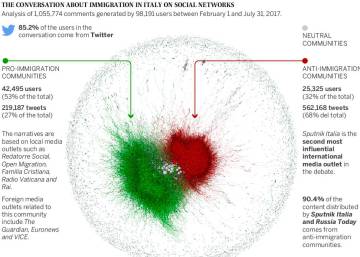
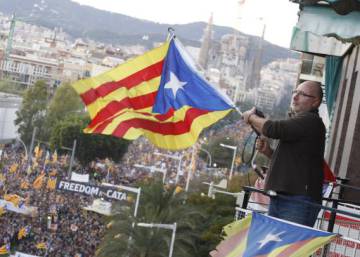






































No hay comentarios:
Publicar un comentario